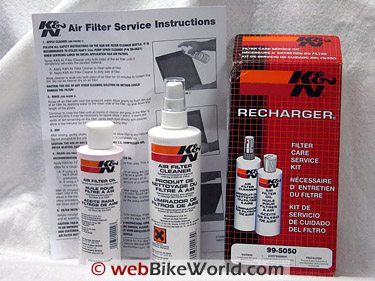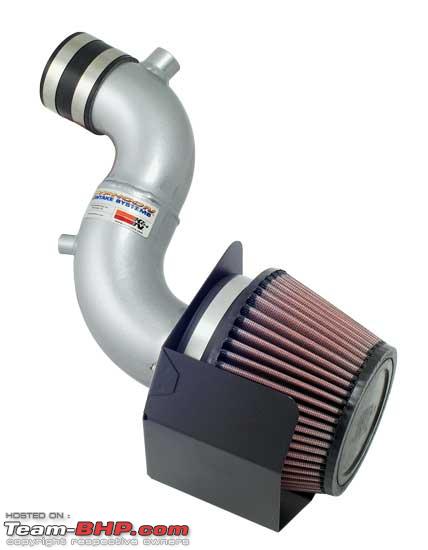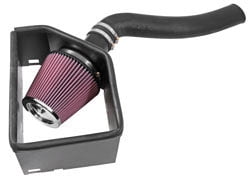

The effectiveness of an air filter is usually measured in microns. The air filter has to tread that fine line where it can still allow plenty of air in while also blocking most of the particles that can harm the engine. This will get deposited inside the engine and over time can lead to buildup which can increase wear and tear while decreasing the efficiency of the engine. The filter could be made more porous which will allow more air in but will also allow the smaller impurities to get in. This could lead to a degradation in the performance of the engine while also causing other problems due to the incomplete burning of fuel. The filter can be made very effective at blocking these impurities but that would also slow down the flow of air which might mean that the engine won’t get enough of it. This has to be done in such a way that the air flow does not get slowed down. The most natural course of action to take is to create a barrier in front of the air in such a way that air can still pass through but the dirt and dust particles do not. It can get a bit confusing, so we will let you know everything there is to know about them while also telling you if it is worth the trouble to invest in K&N filters.Īs we mentioned earlier, the air that the engine needs should be devoid of impurities. As soon as you start delving a bit deeper into the whole air-filter scene, you will constantly come across two types – stock and K&N filters. They might seem like simple and nonchalant parts but can have a massive bearing on the performance and the longevity of the car and its engine.

However, the interiors of an engine is a very delicate place and the air that has to go inside needs to be clean. You might have experienced this if you have ever driven at high altitudes as it suddenly can begin to feel like the car is gasping for air. It requires copious amounts of air as well.

What many people do not realize is that a car engine needs more than just gasoline to run.


 0 kommentar(er)
0 kommentar(er)
